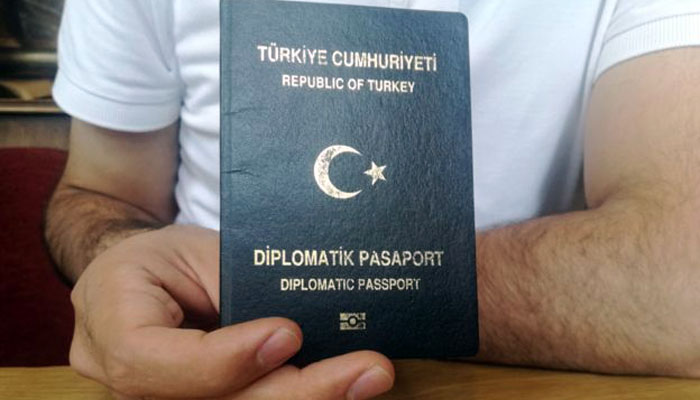More than 700 out of 950 Turkish military officers serving at NATO and in Turkish diplomatic missions around the world are estimated to have been purged as part of a government crackdown on dissent launched after a failed coup attempt last summer, BBC reported on Thursday.
According to a BBC interview with two high-ranking members of the Turkish military delegation to NATO in Brussels, the head of NATO’s allied command headquarters in Mons, Gen. Curtis Scaparotti, dismissed the idea that these purged officers could have been involved in the planning of a coup.
“However hard the Turkish national military representative tried to make us leave the base and make life harder for us, NATO put up a stance against his illogical arguments,” said “Abdullah,” a purged Turkish military officer who was working with the Turkish military delegation to NATO.
BBC held an interview with two officers using the pseudonyms Abdullah and İbrahim in a cafeteria in Brussels, where they applied for asylum after they were purged from their positions in the Turkish military over their alleged roles in the failed coup.
“The Turkish media call us ‘terrorists’ and say that Turkish or even Russian intelligence should kill us. Turkish officials describe us as traitors and advise people to attack us if they meet us,” İbrahim said during interview.
At the end of September, a long document that included 221 names arrived at Turkish missions abroad, including the NATO headquarters in Brussels and in nearby Mons. In it, the Turkish General Staff ordered the officers to return to Turkey immediately, again without explanation.
The two said their names were on a list of officers who had been suspended or dismissed without explanation last August and that they were called back to Turkey.
Abdullah said he called his superiors in Turkey after his name appeared to be on the list but the only response was “Take the first flight back.”
Those who didn’t comply were purged in a decree issued on Nov. 22 accusing them of links with a “terrorist organization,” a reference to the Gülen movement, which Turkish authorities accuse of being behind the failed coup. Their assets in Turkey were frozen and their passports were canceled.
The officers told BBC that some of their friends have returned to Turkey as per orders; however, they were detained at the airport as the orders appeared to be a “setup.”
Abdullah said one of his friends was arrested last September and has been in jail awaiting trial ever since. “Up until now, he has not been informed about any evidence against him,” he said. His wife and three children, who were not officially notified of his arrest, remain behind in Belgium, trying to survive without him.
BBC said more than 700 officers out of 950 serving at NATO and in Turkish diplomatic missions around the world are estimated to have been purged. Most have applied for asylum in their host countries, and some in Germany and Norway have already received it.
Turkey survived a failed coup on July 15, 2016 in which 249 people died.
Turkey’s ruling Justice and Development Party (AKP) government and President Recep Tayyip Erdoğan immediately put the blame on the Gülen movement and speeded up a witch-hunt against sympathizers of the movement, which was also accused by the government of launching a graft probe at the end of 2013 that implicated figures from the AKP and people close to Erdoğan.
Despite Turkish Islamic scholar Fethullah Gülen, whose views inspired the Gülen movement, and the movement having denied the accusations, Erdoğan and the government launched a widespread purge aimed at cleansing sympathizers of the movement from within state institutions, dehumanizing its popular figures and putting them in custody.
Over 138.000 people have been dismissed from their jobs, more than 106.000 were detained and nearly 53.000 jailed over alleged links to the movement.

